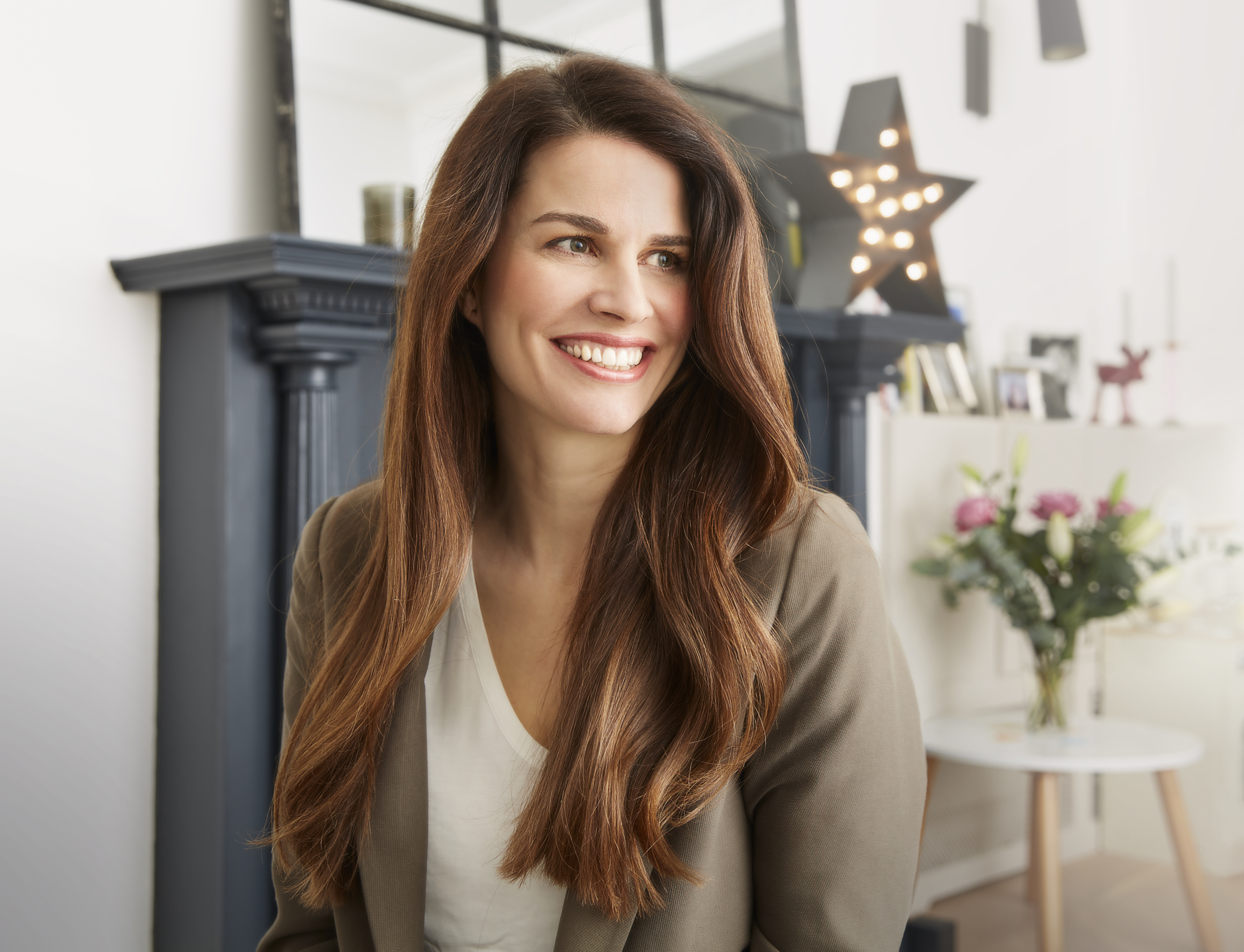Quality sleep allows our body to rest and repair and is necessary in protecting us against infections but worrying about Covid-19 and navigating the uncertainty it brings has led to many sleepless nights. Sound familiar? This negative cycle of sleepless nights is so common now it has been termed, Coronasomnia.
The Covid-19 pandemic has caused anxiety and sleep problems for many around the world, inadvertently affecting their overall well-being. Chronic lack of sleep has been linked to a number of health conditions and issues, including but not limited to blood pressure and a weakened immune system, and higher risks like heart attack or stroke.
Timing is everything
Just as much as well-balanced diets and regular exercise are priorities for good health, sleep needs to be cultivated and protected with daily routines and lifestyle choices. Yet unlike nutrition and exercise, the basics of sleep are not widely known.
Our bodies have a circadian rhythm, the process that regulates our 24 hour sleep-wake cycle and other important functions (digestion, blood circulation, hormones etc.). The Sleep Council calls it the body’s internal clock, which is regulated by the brain and influenced by environmental factors like light.
Light signals daytime and lets the body know it’s time to be awake and alert. This is why morning walks outside can do wonders for our mood and energy. We expose ourselves to natural light which helps us feel energised throughout the day. On the flip side, exposure to artificial light from our phone, laptop or TV screens long into the evenings can disrupt sleep because it keeps the brain alert when we should be winding down for rest. While this may sound inconsequential as most of us stay on our phones until we drift off, it can cause unseen widespread effects. Young people, for instance, are especially susceptible to mood disorder from spending too many hours glued to a screen.
Apart from light, the timing in which we exercise can also affect our sleeping patterns. High intensity exercise is best done in the first half of the day, as exercising late in the evening can be too stimulating, unless it’s something more relaxing like Hatha yoga.
Timing of meals also matter. Meal times should ideally be at the same each day to prevent too much disruption to the circadian rhythm. Evening meals, in particular, shouldn’t be too late or too heavy as the digestive system needs from two to eight hours minimum to break down food. When digestion is still in progress we can’t sleep properly.
Along with the intricacies of the circadian rhythm and sleep, your stress levels throughout the day also play a role in being able to easily wind down and drift off to sleep at night.
Sophrology: A Simple Sleep Solution
How and when you deal with your stress, anxieties, and worries can affect your sleep and your sense of control in daily life. For those with chronic insomnia, being able to manage your stress and anxieties at night provides control against the worries of being unable to fall asleep, which can actually create the reality of sleepless nights. If we dread going to sleep believing that we will be tossing and turning, this might interfere with the body’s natural way of winding down at bedtime. Instead, when we visualise a positive outcome where we easily drift off into restful sleep, our mental energy is put to good use, soothing the central nervous system and helping the brain enter a relaxed state.
Sophrology is a practice for mental wellbeing that provides powerful yet simple and accessible tools to quickly reach a relaxed state when we need it. As you learn these tools, your Sophrology practice becomes your own personal toolkit to help manage sleep issues and navigate your daily stressors in a positive way. Acknowledging that today’s world is busier, faster and more overwhelming than ever before, the Sophrology practice adapts to your lifestyle giving you the control to deal with different situations and reach a state of calm using a mix of breathing, gentle movement and visualisation.
Sophrology has been used for over 50 years in Continental Europe notably in sleep centres, hospitals and by therapists to complement medical advice and treatments. In France and Switzerland, Sophrology is reimbursed by health insurance companies and often prescribed by GP’s.
The Pump + Visualisation
The Pump and Visualisation exercises are some of Sophrology’s simple super tools that can serve as your armour in situations of stress and anxiety. The Pump helps ease tension and calm the nervous system as and when you need to de-stress. It is also great for boosting energy as it engages the breath for oxygenation to the brain and body, along with bringing awareness to the presence of the body. When we think about what stresses us, our minds go round and round in a loop of negative thoughts. The Pump helps us calm the mind and refocus our attention to the present moment. It grounds us in the body instead of being overwhelmed by our thoughts.
Try it out: All you need to do is stand, take a deep inhale and hold your breath, then proceed to ‘pump’ your shoulders up and down vigorously at least 5 times, then relax your shoulders as you exhale. Repeat this several times until you feel calm and grounded. Once you have accessed the ability to ground, we are able to calm the nervous system and proceed to visualise a beautiful landscape, a forest, a beach, a place that brings you a sense of calm and happiness or if this doesn’t work for you, you can imagine something you’ve succeeded at in your daily life, or whatever is important to you today, like what it looks and feels like to sleep soundly and wake up feeling refreshed.
These visualisation exercises help the mind and the body wind down before bed, but more importantly, they will start to rewire your brain to positively reframe your stressors. You will start to develop a deeper a sense of confidence, hope and calm knowing that you are no longer at the mercy of your stress and anxiety and therefore are more in control of your situations.
If you want to work more on developing good quality sleep, check out BeSophro’s Sleep Deeply With Sophrology live online 7-week course where they will share more knowledge on sleep and stress management from relaxing the body to conquering the mind, transforming your perspective on sleep in consciousness and making simple lifestyle changes, which combined will help to promote restful quality sleep night after night and regain calm, energy and focus in your daily life. They are sharing a special discount code of over 50% off exclusively for Thrive readers- to claim just add the code SLEEPTHRIVE when prompted here.


